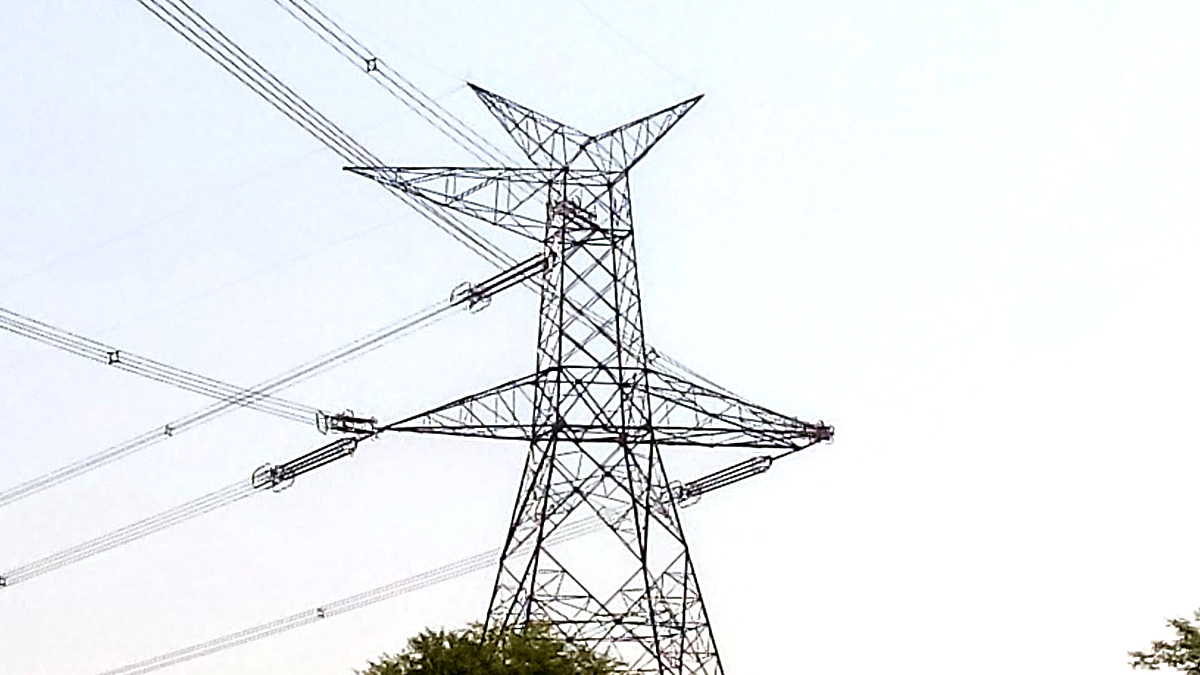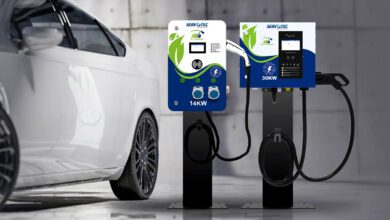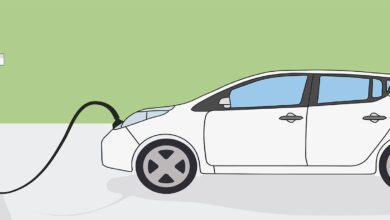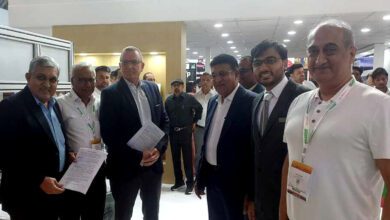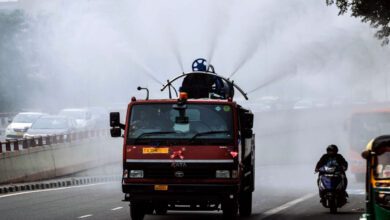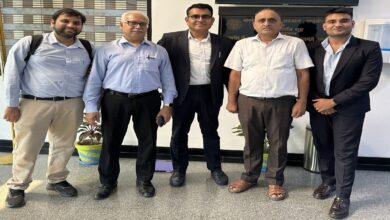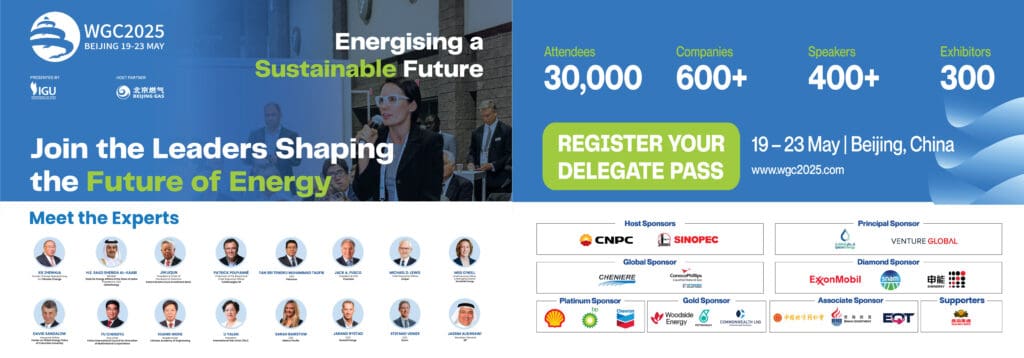Asserting that India has full potential to emerge as a global hub for electric vehicles by 2025, Nitin Gadkari asked automobile manufacturers to reduce cost and forego profit initially to capture market and fuel growth. Once the market picks up there will not be any looking back, Road Transport and Highways Minister Gadkari said. He promising all support to manufacturers in the initiative aimed at cutting India’s huge import costs of crude and arresting pollution.
“E-mobility is going to be the future mode of economic transport. There is economic viability for manufacturers, but presently they are not in a mood to reduce cost. Reducing cost may result in some losses initially, but will bring great benefits. As a marketing strategy you have to reduce the cost to get numbers. India has the potential to become the largest EV producer in the world in the next five years. Now is the time to harbour the ambition to become number one, the raw material is available, power rates are reducing, you have a win-win situation.” he said.
The minister admitted that significant EV-specific concerns persist like on batteries, charging, and driving range that prevent a large-scale consumer pull, but these issues being addressed rapidly.
“Air pollution is a million-dollar problem. We need to find an integrated approach to it. Transport sector alone was responsible for 18% energy demand and 70% of it was met through imported crude oil” Gadkari said.
He said the government is committed to provide all help to EV makers and 100% GST subsidy has already been offered.
India has to develop a particular set of capabilities which are conducive to sustainable mobility for accelerated adoption of EVs. The extensive use of small vehicles such as two-wheelers, three-wheelers gives greater opportunities to manufacture these vehicles in the EV segment. One challenge for the wide usage of EV technology is the affordability of batteries with efficient technology, but has seen enormous technological advancement in recent years, in both improving battery performance and reducing cost, he said.
The government is promoting two important measures to manage the EV charging load – renewable energy to charge electric vehicles, which will reduce the load on transmission and distribution network and Faster Adoption and Manufacturing of Hybrid and Electric Vehicles (FAME II). The government is planning Rs 1 lakh crore Delhi-Mumbai e-highway to promote EVs.




